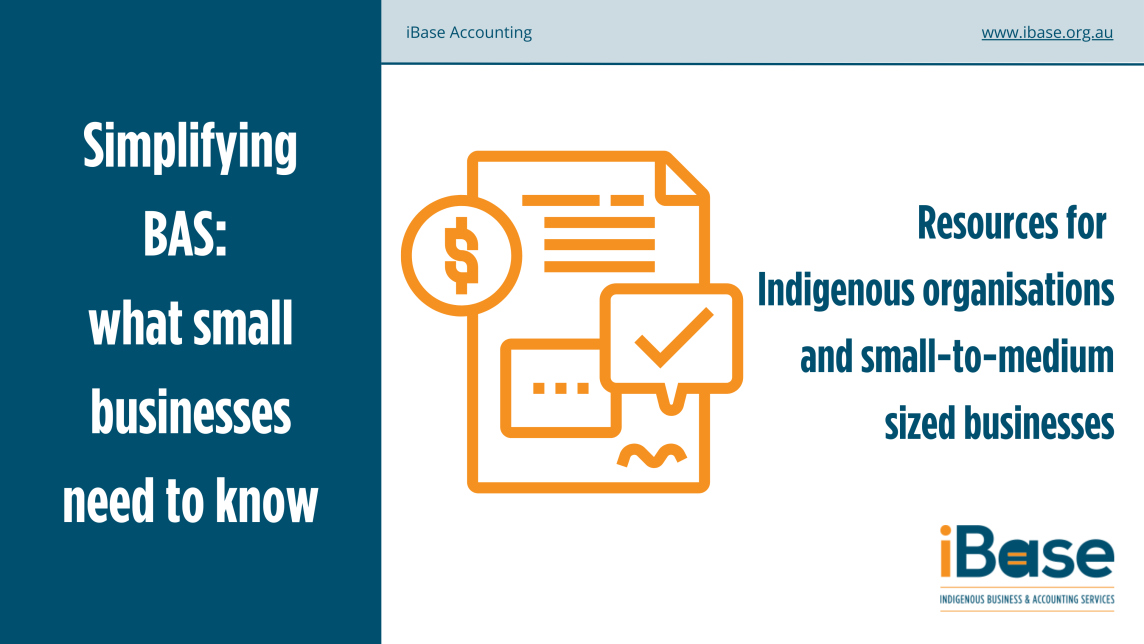For Indigenous organisations and small to medium-sized businesses (SMBs), staying on top of tax obligations is crucial for financial stability and compliance. One of the key requirements for many organisations is lodging a Business Activity Statement (BAS). Whether you run a startup, an established SMB, or an Indigenous organisation, understanding how BAS works can help streamline your financial processes and avoid penalties.
In this guide, we break down BAS, helping Indigenous organisations and small to medium-sized businesses manage their tax obligations with ease.
What is a Business Activity Statement (BAS)?
A BAS is a tax reporting requirement for businesses registered for Goods and Services Tax (GST) in Australia. It is used to report and pay taxes such as:
- Goods and Services Tax (GST)
- Pay As You Go (PAYG) withholding for employees
- PAYG instalments
- Other taxes, including fringe benefits tax (FBT) instalments and luxury car tax
The Australian Taxation Office (ATO) requires businesses in Western Australia to lodge their BAS either monthly, quarterly, or annually, depending on their turnover and registration status.
Who Needs to Lodge a BAS?
Any Western Australian small to medium-sized business with an annual turnover of $75,000 or more must register for GST and lodge a BAS. For not-for-profit organisations, the threshold is $150,000. Indigenous organisations operating in the business sector must also comply with these requirements if they meet the GST threshold.
How to Prepare for BAS Lodgement
Preparation is key to ensuring a smooth BAS lodgement process. Here are some essential steps for SMBs:
1. Keep Accurate Records
Organisation is critical for managing your BAS obligations. Ensure all transactions, invoices, and receipts are accurately recorded and categorised. Using accounting software such as Xero or MYOB can simplify this process and reduce errors.
2. Reconcile Your Accounts
Regular reconciliation of your accounts ensures that your financial records match your bank statements. This helps identify discrepancies early and prevents errors in BAS reporting.
3. Understand GST on Transactions
Not all goods and services attract GST. Some transactions, such as basic food items, education, and medical services, are GST-free. Knowing which items are taxable helps in accurate reporting and avoids overpayment.
4. Use a Fixed-Fee Accounting Service
Many SMBs, including Indigenous organisations, benefit from fixed-fee accounting services such as iBase Accounting, that provide predictable costs and comprehensive financial management, including BAS lodgement support.
5. Lodge Your BAS on Time
The ATO sets strict deadlines for BAS lodgement. Missing deadlines can result in penalties and interest charges. Setting reminders and using professional accounting services such as iBase Accounting can help ensure timely lodgment.
Common BAS Mistakes to Avoid
- Misreporting GST: Ensure that you only claim GST credits on eligible purchases.
- Ignoring PAYG Withholding: If you employ staff, you must report and pay PAYG withholding taxes.
- Late Lodgement: Submitting BAS late can result in fines and unnecessary stress.
Conclusion
Lodging BAS doesn’t have to be complicated! With the right organisation and financial support, Western Australian Indigenous organisations and small to medium-sized businesses can stay compliant while focusing on growth. If you need help managing your BAS, iBase Accounting provides expert services to simplify tax reporting and compliance. Contact us today to learn how we can support your business.


